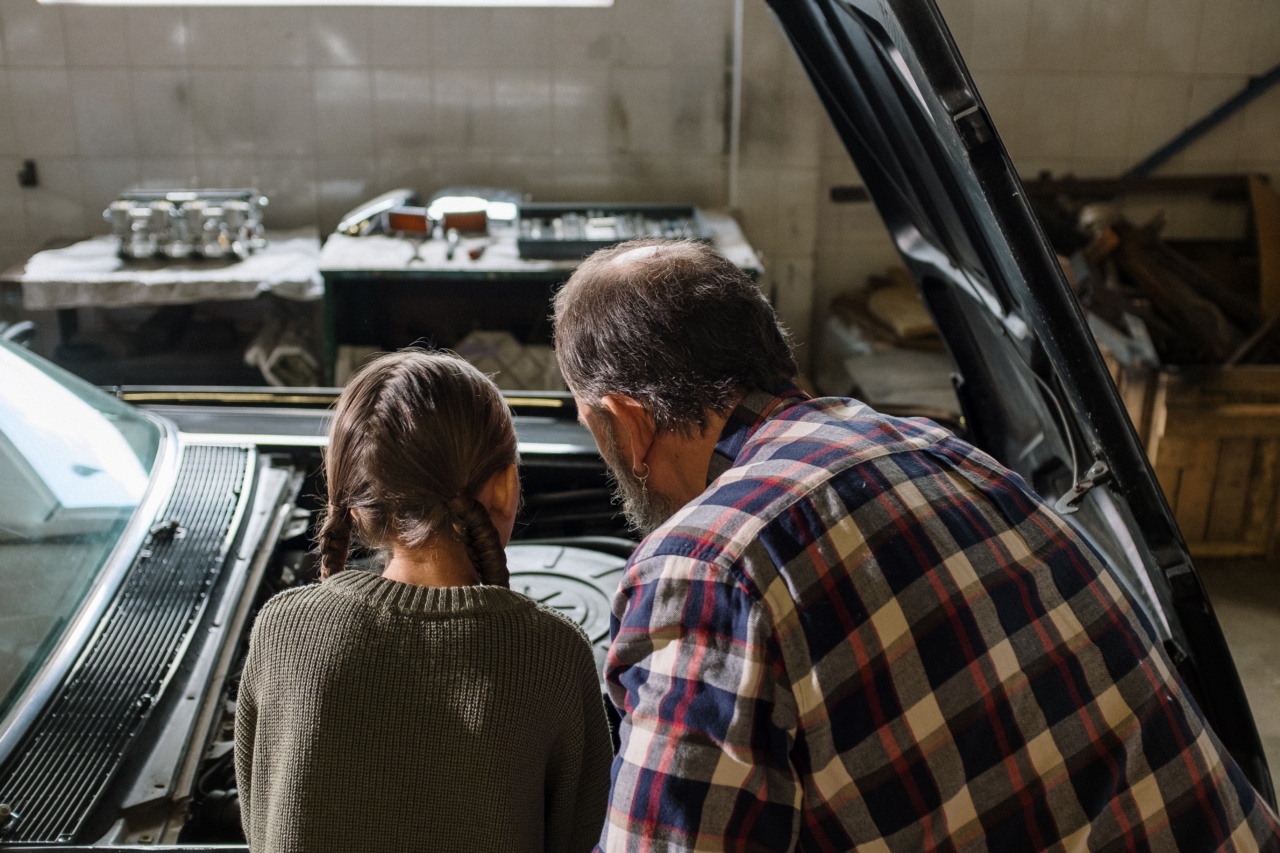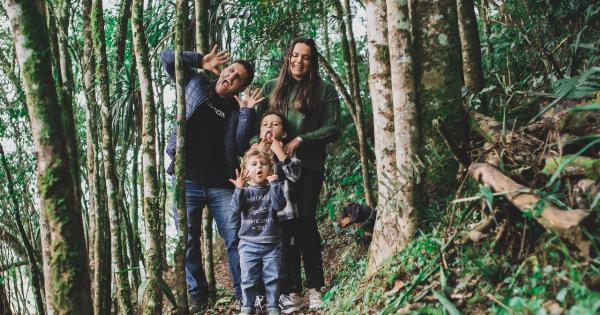As a parent, one of your primary concerns is ensuring the safety and well-being of your children. Protecting them from potential dangers, including the threat of pedophiles, is a crucial responsibility.
While it may be an uncomfortable topic to discuss, being informed about the signs, strategies, and resources available can help you keep your children safe. This comprehensive guide will provide you with valuable information on protecting your children from pedophiles.
Understanding Pedophilia and the Threat it Poses
Before delving into the strategies you can use to protect your children, it is important to understand what pedophilia is and the threat it poses.
Pedophilia is a psychiatric disorder in which an adult or older adolescent is primarily or exclusively attracted to prepubescent children.
The sexual exploitation of children by pedophiles is a significant concern in society. According to statistics, the majority of child sexual abuse cases involve someone known to the child, such as a family member, friend, or acquaintance.
This alarming reality emphasizes the importance of equipping yourself with knowledge and resources to protect your children.
Effective Strategies to Protect Your Children
There are several practical strategies you can implement to safeguard your children from potential dangers. While these measures are not foolproof, they can significantly reduce the risk of your child falling victim to pedophiles:.
Educate Your Children about Personal Boundaries
Teaching your children about personal boundaries is crucial. Start from a young age and explain to them the importance of privacy, consent, and the difference between appropriate and inappropriate touch.
Encourage them to express any discomfort or concerns they may have, and assure them that they will be listened to and supported.
Build Open and Trusting Relationships
Establishing open and trusting relationships with your children is essential. Encourage open communication and create an environment where your children feel comfortable discussing any topic with you.
This will help them feel safe and more likely to share any experiences that may have made them uncomfortable or scared.
Monitor your Children’s Online Activity
In today’s digital age, online safety is a significant concern for parents. Ensure that you are aware of your children’s online activities, including the platforms they use and the people they interact with.
Monitor their screen time and set age-appropriate restrictions. Educate your children about online safety, including the risks of sharing personal information and interacting with strangers.
Teach Them About Safe and Unsafe Adults
Help your children understand the difference between safe and unsafe adults. Teach them that certain behaviors, such as secret-keeping, inappropriate touch, or attempts to isolate them from family and friends, should be reported immediately.
Encourage them to trust their instincts and seek help if they ever feel uncomfortable or threatened.
Know Who Your Children Interact With
Be aware of the people your children interact with regularly, both offline and online. Familiarize yourself with their friends, teachers, coaches, and other adults involved in their lives.
Stay engaged in their activities and take an active interest in their social circles.
Supervise and Attend Activities
Whenever possible, supervise your children’s activities and events to ensure their safety. Whether it’s a playdate at a friend’s house, a sports practice, or a school event, your presence will act as a deterrent to potential predators.
Additionally, attending these activities provides an opportunity to meet and interact with other parents, further enhancing your knowledge of your child’s social environment.
Teach Assertiveness and Self-Defense Skills
Empower your children with assertiveness and self-defense skills. Teach them to speak up for themselves, say no when they feel uncomfortable, and seek help from a trusted adult.
Enrolling them in self-defense classes can also provide them with the physical tools and confidence they may need in case of any unwarranted encounter.
Be Vigilant About Indicators of Abuse
Stay vigilant and be aware of potential indicators of abuse. These may include sudden changes in behavior, unexplained injuries, secrecy, withdrawal, fearfulness, or aversion towards certain individuals.
Trust your instincts and do not hesitate to investigate further or seek professional help if needed.
Equip Yourself with Knowledge
Continuously educate yourself about child grooming techniques and warning signs of potential abuse. Stay up to date on local news and developments related to child protection.
By being well-informed, you can better protect your children and actively contribute to creating a safer environment for all.
Encourage and Support Reporting
Teach your children about the importance of reporting any instance of abuse or suspicious behavior. Assure them that they will be believed and supported throughout the process. Create an environment where reporting is encouraged and normalized.
Seeking Professional Help and Resources
If you suspect or have evidence of your child being a victim of abuse, it is crucial to seek professional help immediately. Contact your local child protective services or law enforcement agencies to report the incident.
Remember, professional intervention is essential to ensure the safety and well-being of your child.
Additionally, there are various organizations and resources available to assist and support parents in protecting their children from pedophiles.
Reach out to local child protection agencies, community centers, or online platforms that specialize in child safety for more information and guidance.
Conclusion
No parent can completely eliminate the risk of their child encountering a pedophile. However, by implementing the strategies outlined in this guide, you can significantly reduce the chances and create a safer environment for your children.
Educate yourself, empower your children, maintain open communication, and seek professional help when needed. By taking a proactive and vigilant approach, you can protect your children from potential harm.






























